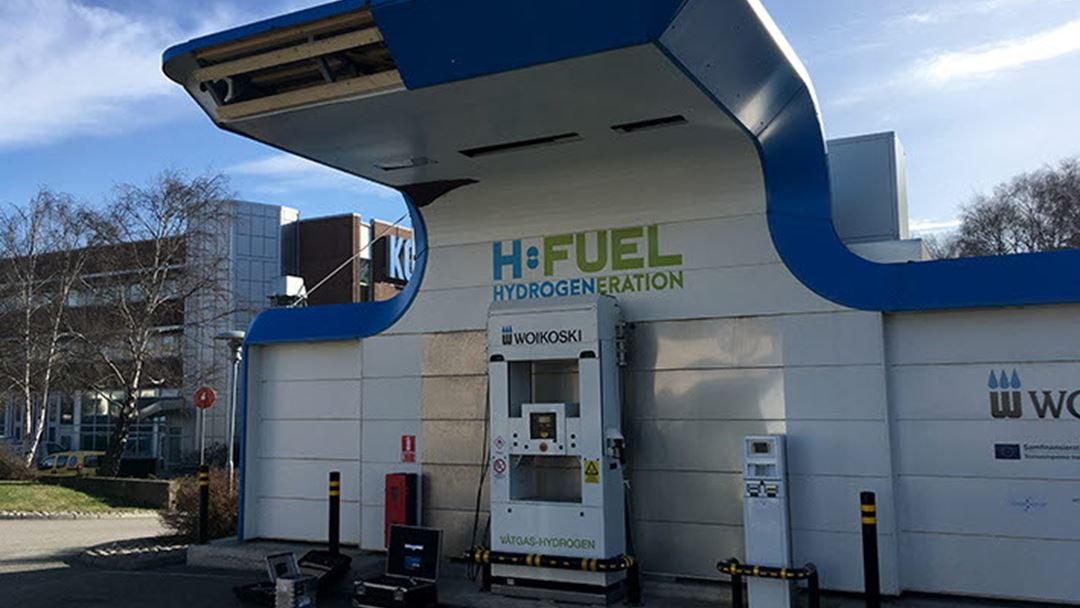MetroHyVe 2 publishable summary
The project will tackle measurement challenges in hydrogen flow metering, hydrogen quality control and hydrogen sampling and fuel cell stack testing.

To meet the 2050 Europe carbon neutral targets (net-zero emission from transport) many countries are now legislating to ban the sale of internal combustion engines. Electric vehicles are a viable alternative and can run on either hydrogen fuel cells (FC) or rechargeable batteries. According to 78 % of automotive executives polled, Fuel Cell Electric Vehicles (FCEV)s are “the real breakthrough for e-mobility” and could represent 32 % of fuel demand by 2050. Current barriers to mass implementation of hydrogen in transport arise from European Directive 2014/94/EU and International organisation of legal metrology (OIML) recommendations that must be met by all European hydrogen refuelling stations (HRS). This project will address these issues and will develop metrology that will enable hydrogen to become a conventional fuel and support the European energy transition.
The project will tackle measurement challenges in hydrogen flow metering, hydrogen quality control and hydrogen sampling and fuel cell stack testing.
Read the Summary for 19ENG04 MetroHyVe 2 - Metrology for hydrogen vehicles 2 in this pdf file.
